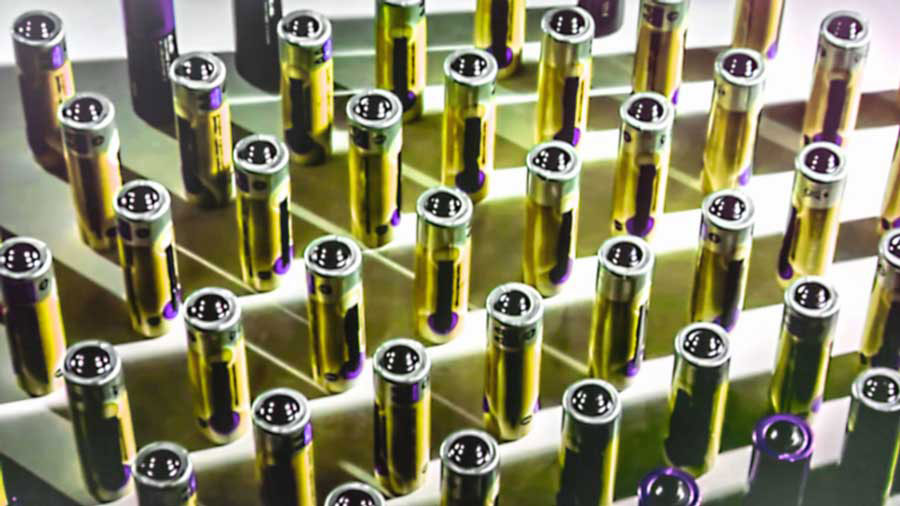Zinc air batteries are now a potential alternative for a cost-effective and sustainable solution to the storage of renewable energy, Frank E. Goodwin, director of technology and market development of International Zinc Association (IZA), said. “Zinc could turn out to be a good alternative to lithium, a metal that is vastly depleting due to its widespread usage. Zinc air batteries could be a game changer for the Indian automotive industry too,” Goodwin told the Telegraph.
Zinc air batteries are at present commonly used in hearing aid devices. These are rechargeable batteries and have the potential to be a cost-effective solution to lithium that is non-rechargeable. “Lithium is a highly reactive metal. So it is used one time and thrown away. This is leading to rapid depletion of lithium reserves.” “Metals such as zinc, cobalt, sodium are all recyclable. But of these, zinc is the least reactive. While cobalt, sodium, lithium are all used for fireworks because of the colours they produce, zinc is never used in fireworks because zinc reacts at a very controllable rate. So it is rechargeable, every ounce of it is rechargeable,” said Goodwin.
The zinc market at present stands at 14 million tonnes (mt) globally, one per cent of which is going to be used to make zinc air batteries. “That is approximately 200,000 tonnes of zinc will be consumed to make batteries,” predicted Goodwin. India has rich reserves of zinc, of about 20mt in states such as Rajasthan. The various factors working for zinc are that its energy density is favourable at one power per kilogram and it is also cost-effective.
At present, the cost of zinc air batteries stand at $100 per kilowatt compared with $150 per kilowatt for lithium ion batteries. Most of the zinc air batteries being used today are for remote storage and battery management. They are located in buildings with non-interruptible power stations, located in remote areas like national parks. “We are into trials for using zinc air batteries for EVs and have not reached the commercial stage yet,” said Goodwin. In India, the IZA is looking for a partner to make zinc air batteries.










